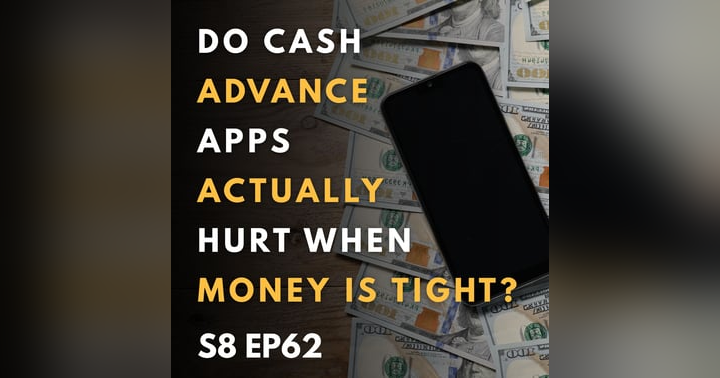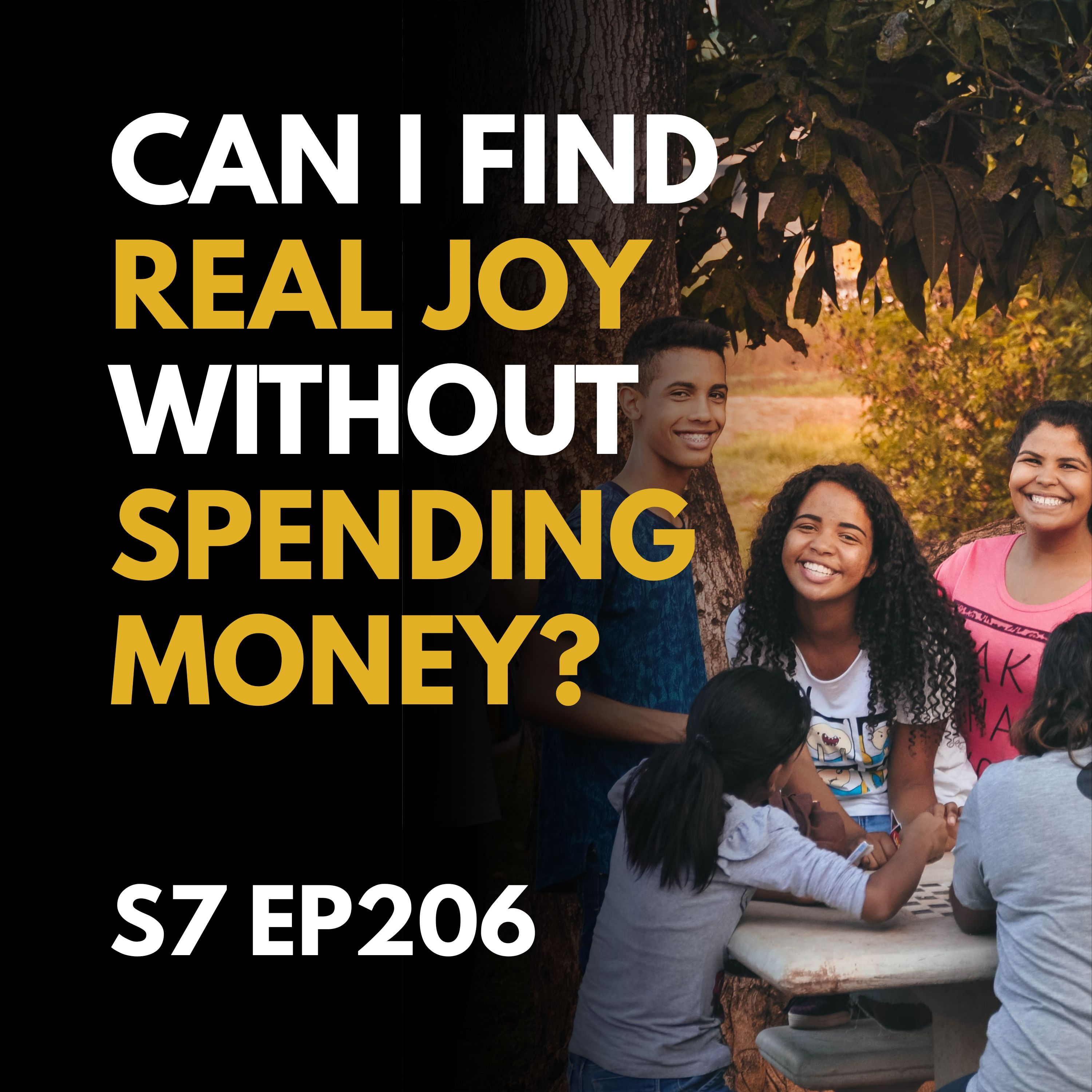What If Joy Isn't in the Things We Buy?

The False Promise of Consumerism
Modern culture equates joy with material acquisition, perpetuating a cycle where people chase happiness through spending. Yet, this pursuit often leads to fleeting satisfaction, financial stress, and emotional exhaustion. The consumerism trap distracts us from deeper, lasting sources of joy. What If Joy Isn't in the Things We Buy?
Defining Real Joy vs. Temporary Happiness
Happiness is emotional, short-lived, and tied to circumstances.
Joy, especially from a Christian perspective, is enduring, resilient, and spiritually rooted.
Joy is a fruit of the Holy Spirit—something that can persist amid suffering and hardship. The Bible emphasizes joy far more than happiness, suggesting it is a deliberate and divine way of living, not a reaction to favorable events.
What Research and Scripture Say About Money and Happiness
Psychological research shows money improves well-being up to a point (~$75,000–$100,000), but its ability to produce happiness plateaus.
The “Easterlin Paradox” shows that long-term income increases don’t correlate with long-term happiness due to social comparison and adaptation.
Biblical teachings warn not against money itself but the love of money, which leads to greed, idolatry, and spiritual loss. Wealth, while useful, can be a spiritual burden if it displaces trust in God.
The Power of Contentment
Contentment is a spiritual discipline rooted in trusting God’s provision. Paul teaches that he learned to be content regardless of wealth or poverty. Choosing contentment offers financial freedom, mental peace, and space for generosity. It counters the world’s push for more and reframes wealth in terms of gratitude and trust in divine provision.
Stewardship and Generosity: Joy through Giving
The Bible teaches that we are stewards, not owners, of what we have. Generosity—financial or otherwise—brings joy. Giving aligns us with God’s nature and advances His kingdom. Even psychology affirms that prosocial behavior (spending on others) increases well-being. A cheerful giver experiences freedom from anxiety, deeper purpose, and lasting joy.
Cultivating Joy Without Spending Money
Simple Living
Reducing clutter and material distractions leads to more time, better relationships, lower stress, and deeper peace. Simplicity makes space for what matters most—faith, family, health, and service.Mindfulness and Gratitude
These practices improve mental and emotional well-being. Gratitude, in particular, shifts focus from lack to abundance, helping individuals recognize blessings even in hardship.Relationships and Community
Human connection—not possessions—brings the greatest joy. Time spent with loved ones, shared experiences, and acts of service foster emotional resilience and deep fulfillment.Acts of Kindness and Service
Joy grows when we serve others. Helping, giving time, or offering support cultivates a joy that far surpasses the temporary thrill of buying something new. Scripture affirms that service reflects God's love and brings spiritual joy.
Real-Life Examples of Enduring Joy
Biblical Figures like Paul and Jesus demonstrate joy in suffering, poverty, and simplicity.
Historical and modern stories show that joy thrives without wealth. Examples include minimalists, a woman who lived 16 years without money, and Christians who found deep peace amidst personal loss.
The contrast between wealthy but unfulfilled individuals and the poor yet joyful underscores that true joy is spiritual, not material.
Conclusion: Financially Confident Joy
True joy is not purchased—it’s cultivated. It flows from:
A relationship with God
Spiritual discipline (contentment, generosity, gratitude)
Community and service
A right understanding of money as a tool, not a master
This kind of joy offers a new financial confidence—not based on how much money you have, but on how closely your financial life aligns with God's purposes.
The richest life isn’t about possession but the depth of your joy in Christ.












